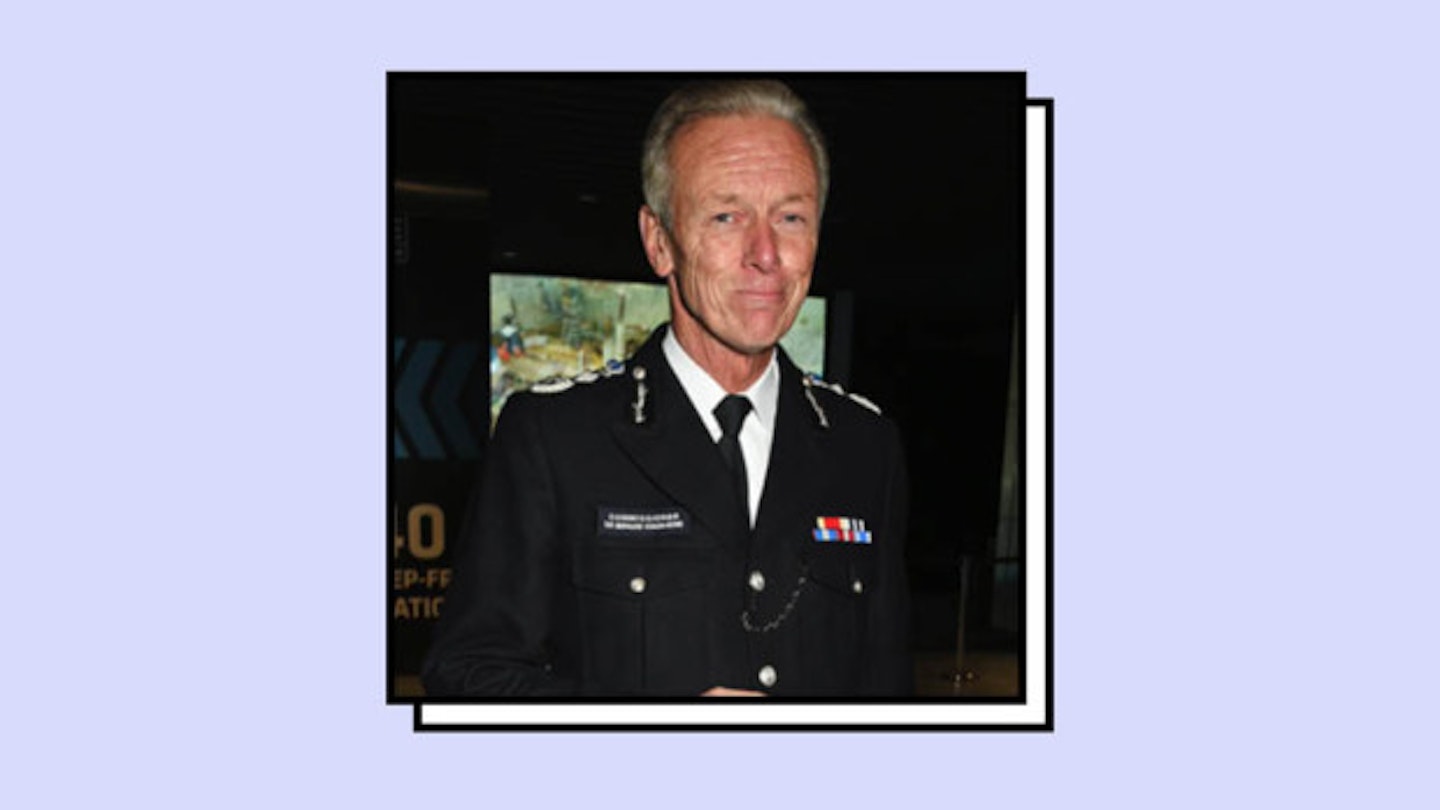You’d think it was a given that rape victims have a right to be believed without question, unless there is concrete evidence to the contrary, wouldn’t you?
For many years, and arguably even still today, people who reported that they had been raped faced the prospect of not being believed. This includes women, girls, men and boys – anyone who has been the victim of sexual abuse, sexual assault and rape.
Today, Metropolitan police commissioner, Sir Bernard Hogan-Howe has spoken about the way rape cases are handled by police.
He has suggested a controversial change to reforms which were brought in by the Independent Police Complaints Commission (IPCC) several years ago after victims of rapists reported that they were not treated well when they went to the police about sexual assault. One victim, who was attacked by serial attacker and black cab driver John Worboys, said she had been ‘lied to and laughed at’ when she reported the crime. Worboys was left free to attack as many as 85 women because of such police errors.
Because of the scandalous mishandling of cases like this the Met brought in a policy which meant that they would ensure that rape victims, reporting a crime, would be believed from the off in 2014. This was a momentous advancement in the handling of rape cases.
What Hogan-Howe is suggesting today is that this policy should potentially be dropped. Writing in The Guardian he said ‘suspected sex offenders have rights the police must respect’.
He acknowledges that there would be an ‘emotional impact’ on victims if the policy of ‘automatic belief’ were to be dropped, and says that ‘a good investigator would go and test the accuracy of the allegations and the evidence with an open mind, supporting the complainant through the process.’
‘There is a more neutral way to begin than saying we should believe victims, and I believe it better describes our impartial mindset.’
This comes following several criticisms of how the Met have handled high profile historic sexual abuse cases like that recently which saw former military chief Lord Brittan investigated for an alleged rape in 1967, the charges were dropped but Lord Brittan was not informed, and he died without knowing this.
Hogan-Howe says of such historic allegations ‘reputations may be tarnished before we have been able to reach a conclusion. This is distressing for them and their families…’
However he does also acknowledge that, ‘victims of abuse are often damaged by their experience and rarely disclose everything until they begin to trust officers.’
Essentially, what the commissioner is saying is that he thinks there might be a better way to handle sensitive cases involving rape, sexual assault, sexual abuse.
But, reversing the policy of ‘automatic belief’ for rape victims reporting a crime is perhaps not the best way to go about finding out what the best way of dealing with investigating such crimes is. Ensuring that all victims are initially believed doesn’t mean that claims shouldn’t be properly investigated – surely those are not two mutually exclusive ideas?
You might also be interested in:
Saudi Millionaire Cleared Of Rape After 'I Tripped And Fell' Defence
The Important Reason Why This Woman Live-Blogged The Aftermath Of Her Rape
Follow Vicky on Twitter @Victoria_Spratt
This article originally appeared on The Debrief.
